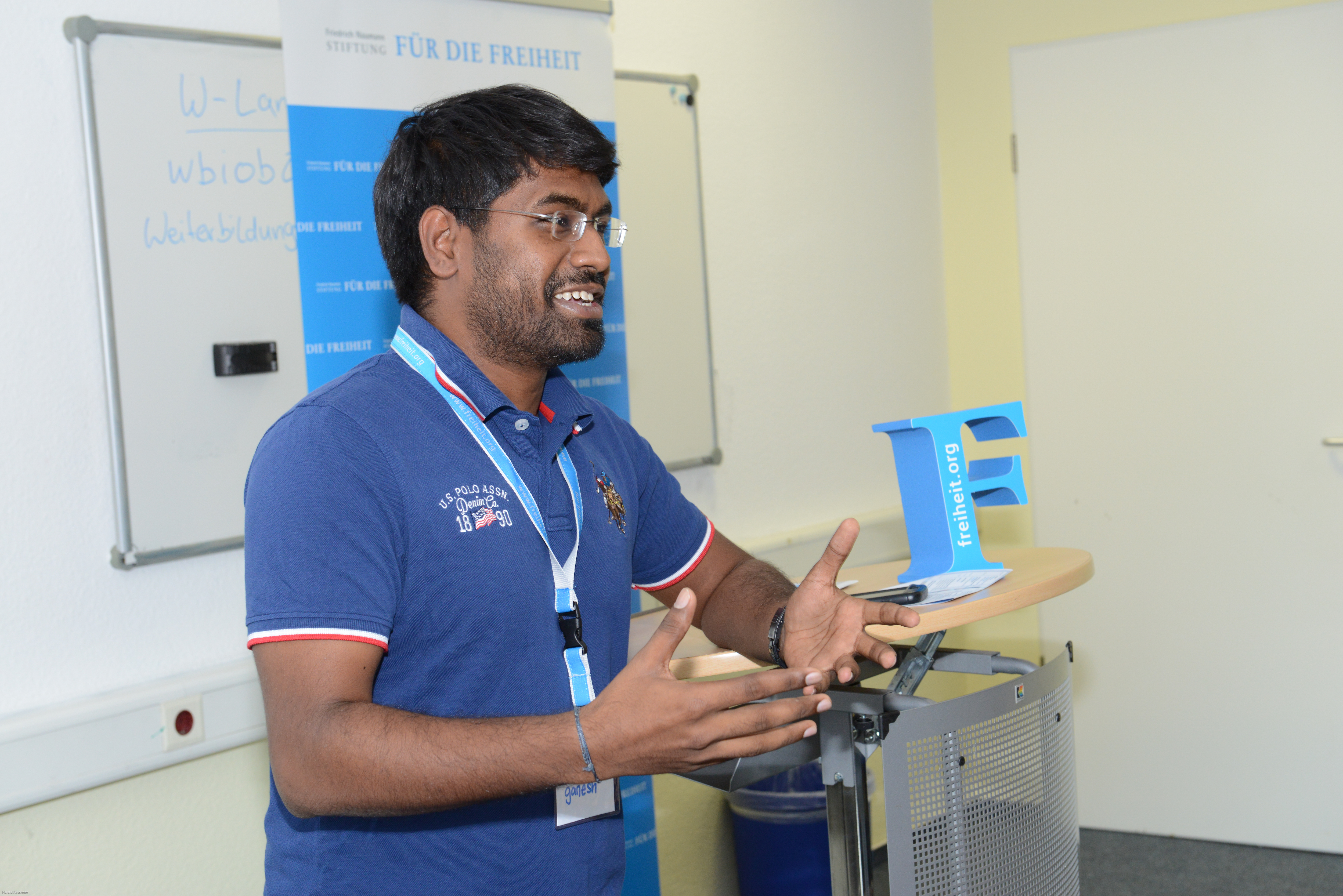Here’s a Notable Startup on a Social Mission: Malaysia’s Soara’s Industries

Malaysia is no stranger to some of Southeast Asia’s biggest startups (think Grab or Malaysia’s top startup entrepreneur Cheryl Yeoh). Startups and entrepreneurship are shaping the new digital and social market economy of Southeast Asia. With Asia being the hub for some of the world’s highest valued startups, it is therefore no surprise why there is a current rush for startup and entrepreneurial hopefuls to join the startup race. While of lot of startups focus on the profit margin, there are a few whose vision extends beyond the dollar. One such startup is Saora Industries.
With a simple mission of giving more people in the world clean water to drink, Ganesh Muren (Saora’s founder) was inspired by his travels to India as a teenager and his college years in Malaysia to tackle this issue.
We had the pleasure of bringing Ganesh on board on one of our startup tours in Germany and to sit down with him to learn more about Soara and his entrepreneurial vision. Here are some things we learned:
What was the main inspiration behind Soara? What was most important to you when diving into setting it up?
Saora Industries is set up as a social enterprise. We have a mission – to change the world for the better. We want to touch and uplift lives through technology. Our priority is our output, the positive impact we are able to bring about. We are currently focusing on expanding the access to safe drinking water and providing basic solar lighting to rural and marginalized communities. We would like to focus and strengthen these areas of operations before expanding our services into other industries.
I came across a village that was not too far away from the city centre that did not have access to clean drinking water and was plagued by other socio-economic problems. Never did I expect it to be a life changing encounter and strongly motivate me to develop and improve water purification systems to make safe drinking water more accessible to marginalized and underprivileged communities. We are currently assembling solar powered water purifiers and are finalizing designs for a hand held water purification unit.
What obstacles did you face launching your project? What’s your advice to entrepreneurial hopefuls in dealing with challenges?
Challenges as a start-up entering an industry which is dominated by giants are many - starting with getting your first deal signed and sealed. I was very confident with our products, but to be fair we were just a startup, competing with other more established and bigger organizations. It was just after incorporating Saora in 2014 and getting our first deal was tough. We didn’t have a track record to boast about, no reputation, no advertisements, no promotions. Startups can adopt new technology, practices and strategies faster, although at a smaller scale. This was and is still our strength, and before long we landed our first contract – to carry out a CSR project for a conglomerate.
I am not ashamed to say I reached out to everyone, especially for advice, ideas and moral support. Two outstanding individuals that helped were Jeyasothy Palakrishnar and Andreas Vogiatzakis. Both are sharp minded individuals, leaders in their own expertise from different industries. They were always there to challenge my ideas and self-doubts, and gave me toughlove when they had to. This actually pushed me out of my comfort zone as a student and made me embark on a journey as a social-entrepreneur. Also, when Saora first started in 2014, we were very lucky to have the support of Brahmal Vasudevan from Creador who also believed in our cause. I am very thankful to these individuals who believed in me from the very beginning.
Where is Saora heading in the future?
We are currently focusing on technology providing access to safe drinking water and solar lighting. As mentioned earlier, there is no substitute to safe clean drinking water. Clean drinking water and green energy is the way forward.
Our immediate plans are to strengthen our community development initiatives by incorporating suitable socio-economic elements and elevating the communities we’re engaging to the next level of their potential. Our long term plans broadly aims to manage green initiatives at a bigger scale to reduce inequalities and promote sustainable development. We are finalizing product designs, working with researchers and education institutions to serve the needs of humanitarian and natural disaster areas, peace keeping military bases and outposts, ecotourism areas and backpackers. We are also looking into ‘green’ solutions for different industries. We hope to enter commercial production of our systems as that would certainly lower production costs significantly and enable us to reach out to more people at the grassroots.